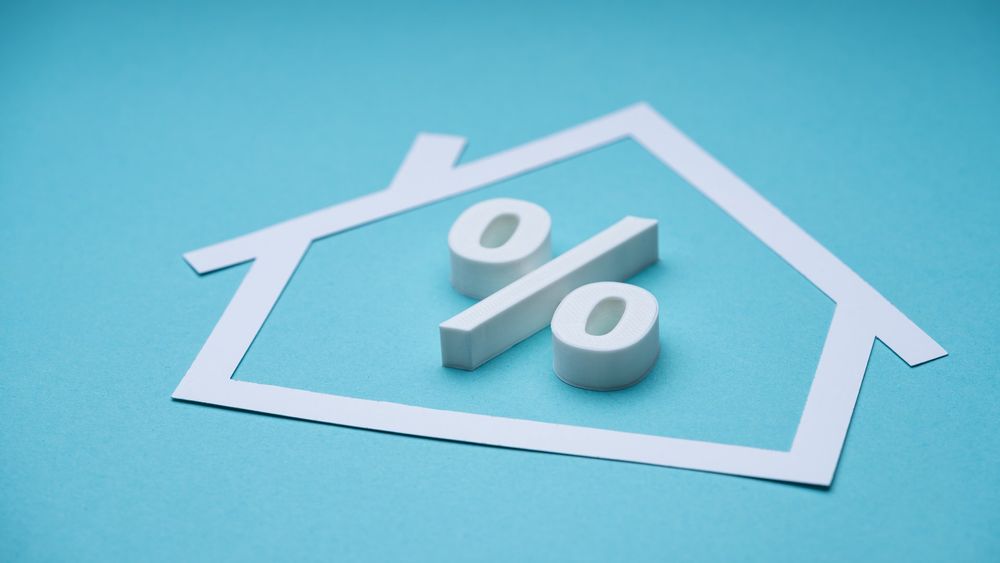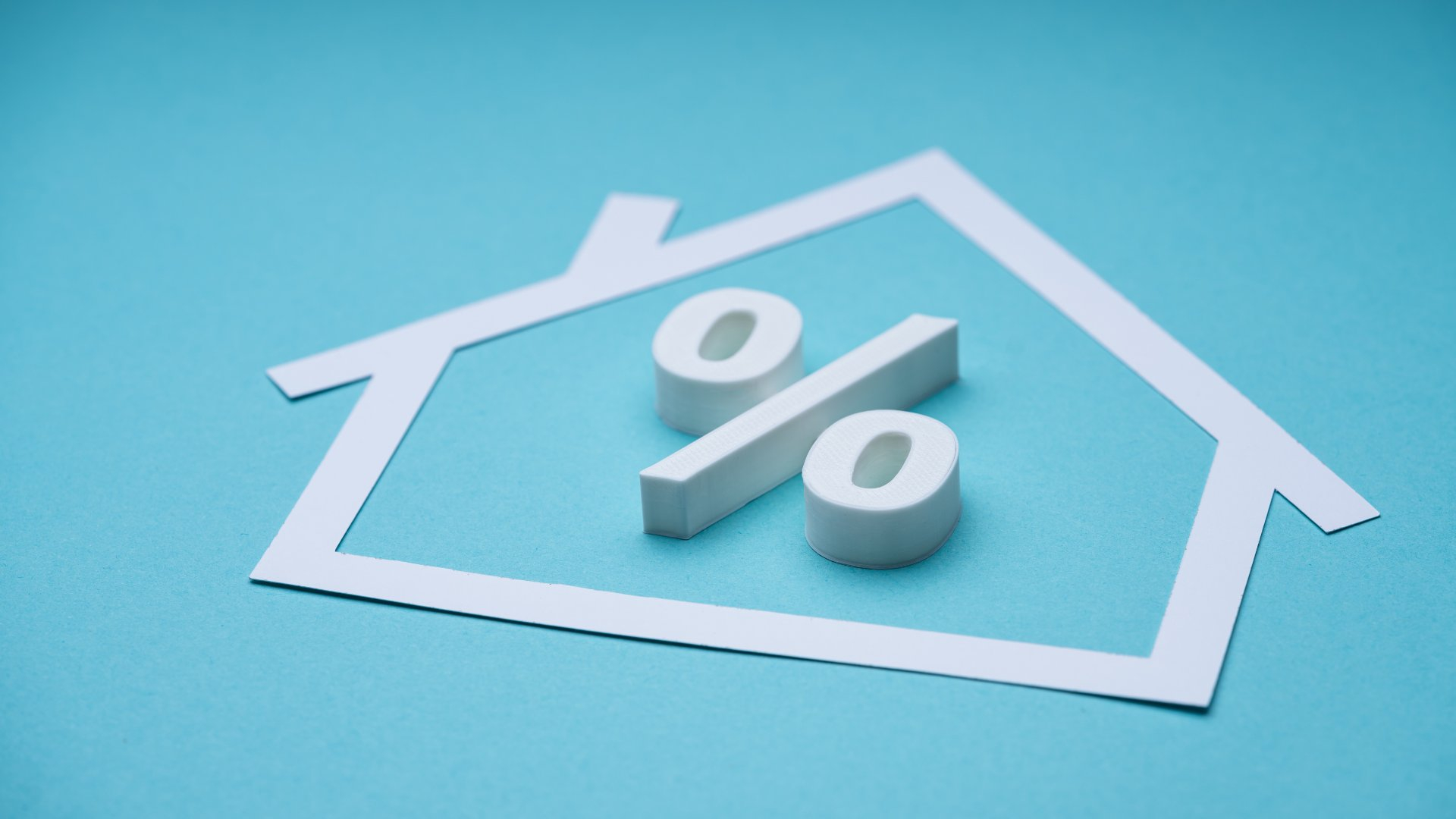When considering purchasing a home, it’s essential to understand how interest rates will impact your monthly expenses. For homeowners, this can be especially important, as interest rates affect not only home loans but also all other forms of credit, such as car financing and credit cards.
What are interest rates?
Interest rates are the cost of borrowing money. When a lender, such as a bank, provides a loan, they charge interest as a fee. It’s crucial to understand that interest is purely an expense, adding to the total cost of the item you purchase with credit. This means that over time, you’ll often end up paying more than the initial price of the home. For this reason, experts recommend taking on credit for good debts, such as a home loan, while avoiding bad debts, like store accounts or car loans.
How interest rates affect your home loan
If you already have a home loan, the interest payable is included in your monthly repayment. Most banks offer a repayment structure where the first few years of the loan are primarily spent paying off interest, with only a fraction going toward the principal (the amount borrowed to buy the house). This is a key factor to keep in mind when managing your finances as a homeowner.
If you still planning on applying for a home loan the best thing to do is start out your journey with the best possible rate for you. Here are some tips to ensure you get the best loan for your budget:
Improve Your Credit Score
Banks consider numerous factors when assessing your eligibility for a home loan. One of the most critical factors is your credit score. This score reflects your financial discipline and repayment history. A good credit score often leads to more favourable interest rates, making homeownership more affordable. Conversely, a poor credit score can result in a higher interest rate or even lead to the rejection of your home loan application. To boost your credit score, maintain a consistent record of timely bill payments and responsible financial behavior.
Opt to get prequalified to see what you might possibly be able to qualify for and to identify any problems before you apply for a home loan.
Consider a Higher Deposit
Paying a higher deposit when purchasing a home can have a positive impact on your credit profile and increase your chances of securing a lower interest rate. A larger down payment reduces the risk that the bank assumes when granting you the home loan. Consequently, the bank may view you as a less risky borrower and offer you a more attractive interest rate. While the immediate effects of a higher deposit may not be apparent, they can lead to significant long-term savings.
However, if you want to plan ahead and calculate what your interest repayments might look like over the span of your loan, here’s what you need to know:
Calculating your interest payments
Interest rates can fluctuate, which is why your monthly repayment amount may change over time. This happens because of adjustments made by the Bank of Namibia. When the prime rate changes, it directly affects your loan repayments, causing them to either rise or fall.
You can use an online mortgage calculator to get an estimate of how much you’ll owe in interest based on the loan term, principal amount, and current interest rates. Most calculators will allow you to input the loan amount and interest rate to calculate your monthly repayment.
To calculate your total interest over the loan term manually, you can use the following formula:
Total Interest=Loan Amount×Interest Rate×Loan Term (in years)
This gives you an idea of how much interest you’ll pay if the rate remains constant, but keep in mind that the rate can change, impacting your final interest payments.
The role of compound interest
Home loans use compound interest, which means that interest is calculated not only on the principal amount but also on any accumulated interest. As a result, the amount owed to the bank can increase each day, depending on the outstanding balance of the loan. This is why it’s beneficial to pay more than the minimum repayment amount when possible, especially in the early years of your loan. By doing so, you reduce the amount of interest you’ll pay in the long run and shorten the loan term, saving you money overall.
Saving on interest payments
A great way to save on interest is to make additional payments on your loan whenever possible. Extra payments go directly toward reducing the principal amount, which means less interest is charged over time. By focusing on paying off more of your loan in the first ten years, you’ll significantly reduce the total amount of interest paid over the lifespan of the loan.
Speak to a Financial Advisor
If you’re unsure about how interest rates work or need guidance, it’s always a good idea to speak with a financial advisor. They can provide personalized advice based on your unique financial situation and help you understand the full implications of taking on a home loan.



